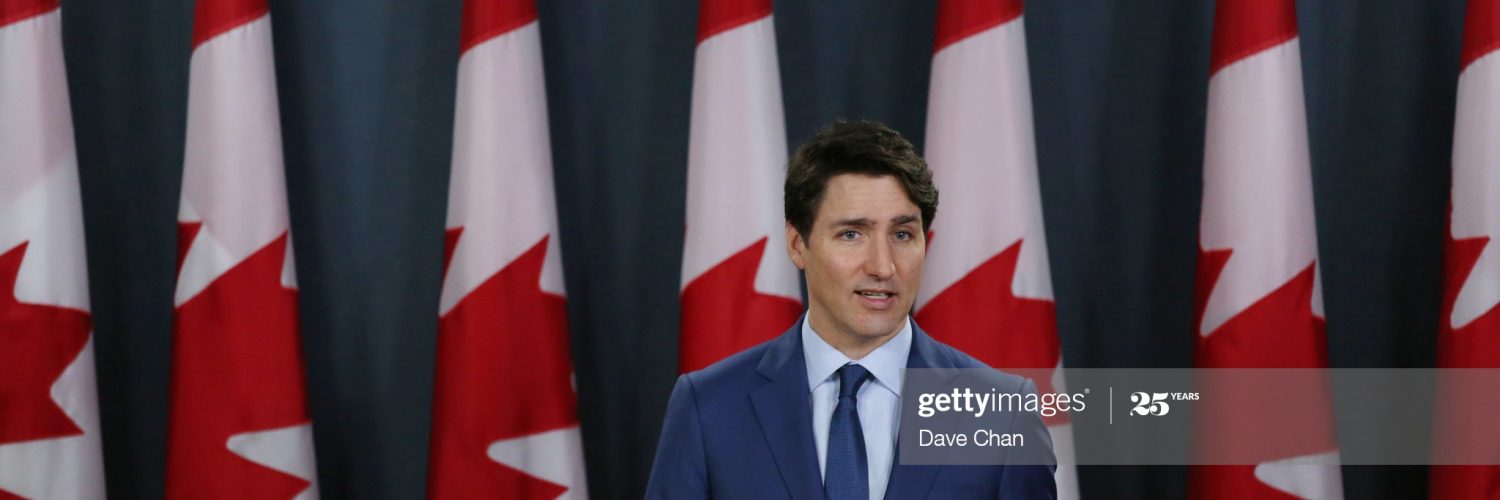The inflation rate in Canada jumped to 5.7 per cent in February, the highest jump since 1991. The number was slightly lower in Saskatchewan at 4.7 per cent, Statistics Canada reported.
Driving the increase were higher gasoline prices, up 32.3 per cent compared with February 2021. Statistics Canada says that excluding gasoline prices, the headline inflation rate would have been 4.7 per cent for the month.
Grocery store prices were up 7.4 per cent for the largest yearly increase since May 2009, pushed higher by rising fuel costs being passed on to consumers. Statistics Canada says shelter costs, which include prices for homes and rental units, rose at their fastest pace since August 1983.
The rapidly rising costs of everyday life for people in Saskatchewan are making it harder to make ends meet and to get by. Local semi-truck company owner and driver Gurpreet Singh said he spends roughly $1,300 every time at the pump, leading to a total expenditure of over $8,000 per month just on fuel.
He said that is over $2,000 more than what he was paying, even though he has been transporting goods mainly through Saskatchewan.
“I’m not making any money, like everything, most of my part of my earning is going into fuel. These prices are very high. It is very hard to make a living right now,”
Singh told Global News.
Curtis Klein is noticing the higher gas prices during his commute to work every day from outside Saskatoon. Because of the jump in gas prices, he has decided to carpool into the city to save on gas.
He says the three other people he carpools with each chip in $20 to $30 each week.
Klein has even pondered moving closer or into Saskatoon to eliminate the commute altogether.
“I have thought about that over the last eight months. Just the way everything has been going it probably would be easier for work,”
Klein said.
For Daryl Fransoo, who farms near Glaslyn, essentials such as fertilizer and fuel have jumped significantly recently. He added the price on carbon also hasn’t helped matters.
He says this year will be risky for farmers because of not only inflation but Mother Nature as well, but hopes agriculture can lead the country through challenging economic times.
“We are in a position where we can lead the recovery for the economy. Coming off drought and high prices for grains, we are going to do what we need to feed the world,”
Fransoo said.
Everything short of breathing air is causing people to dig deeper into their pocketbooks for everyday essentials, like gasoline, which increased drastically recently to 178.9 in many parts of the province. However, that could soon drop to 168.9, according to gas price experts.
University of Regina economics associate professor Jason Childs said higher inflation rates could still be coming in three key areas: food, shelter and transportation.
He added there are only two ways to slow the rate of inflation: increase supply or restrict demand. Both options likely would affect people’s bottom line and put further strain on their spending habits.
“What we are likely going to see is the Bank of Canada raising interest rates, meaning people’s debts are going to be more expensive, which will affect their pocketbooks,”
“People will be paying more for their mortgage likely resulting in changing how much they spend on goods.”
Childs said.
Legal Disclaimer: This article is provided for information purposes only.
Read all the Latest News here. Follow us on Facebook, Twitter, Instagram, and LinkedIn.


















Add comment